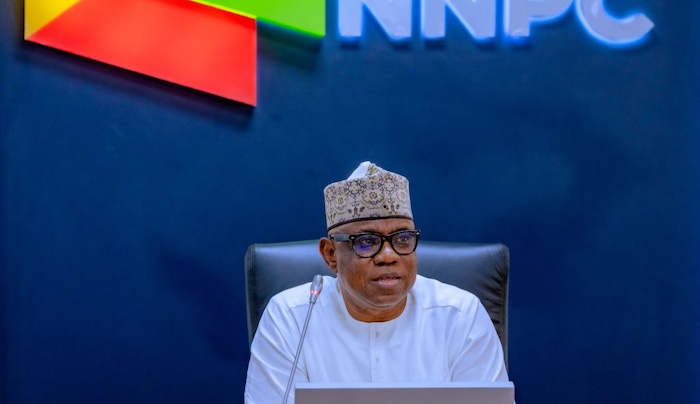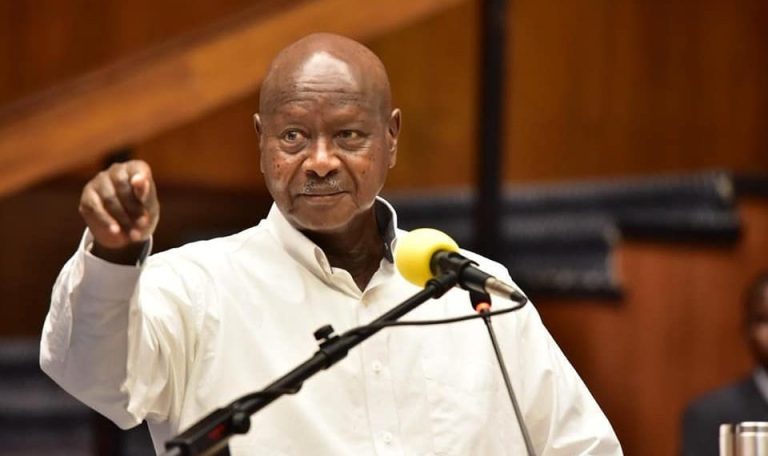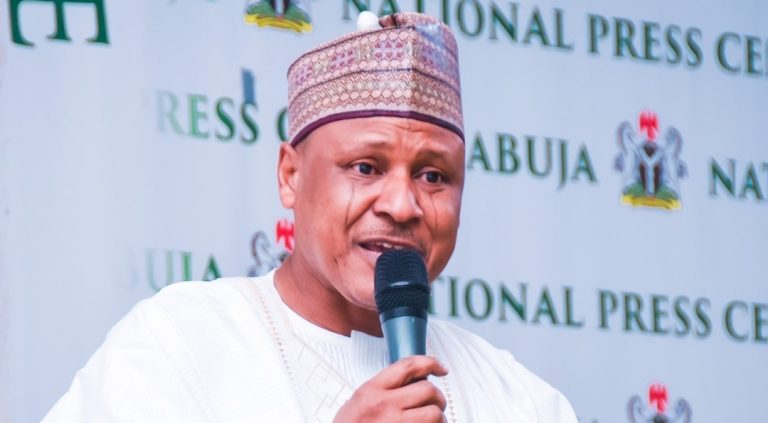
Transport Minister Barbara Creecy’s decision to renew 25-year terminal operator agreements with international companies like BP and Vitol at the Transnet Island View Precinct (IVP) in Durban, without putting them out to tender, has provoked backlash among SA companies.
The IVP handles and stores about 70% of SA’s fuel imports. It previously hosted the Engen and Sapref refineries, which supplied about 50% of the country’s fuel needs, but both have now shut down, leaving SA increasingly reliant on imported fuel.
Creecy invoked Section 79 of the National Ports Authority Act, which allows her to bypass the normal licensing procedures in the national interest.
The CEO of one local company, who asked not to be named, describes this as a relic of the apartheid years, originally intended to protect SA’s fuel security from international sanctions.
“That clearly no longer applies, yet the minister saw it fit to extend leases with the international oil majors without putting these out to tender. There are a number of international fuel traders who want to get into the SA market, but now they cannot, because the incumbents have been given another 25 years.”
ALSO READ: Transnet’s privatisation of Durban container port needs a do-over
This week, the portfolio committees on Transport as well as Trade, Industry, and Competition urged the minister to ensure that transformation targets are not overshadowed by commercial profits at the IVP.
Creecy told the committees that she made this directive following extensive inter-departmental and stakeholder consultations, aimed at ending more than a decade of short-term lease extensions that discouraged investment in key port fuel infrastructure.
The portfolio committees scheduled a meeting with the minister after being inundated with complaints from aggrieved stakeholders.
“Their main concern was the potential impact of the directive on access to the fuel storage facilities for emerging black industry players, who are technically and financially sustainable,” said the portfolio committees in a joint statement.
A legal expert contacted by Moneyweb said it appears the minister wanted to avoid ‘tenderpreneurs’ bidding for the contracts and then leasing them back to the oil majors, which would increase fuel costs for the country as a whole.
“This assumes all BEE [black economic empowerment] is corrupt, which is even more concerning,” says one company executive.
“There are a number of BEE-owned and operated companies that are not corrupt that could operate these facilities.”
ALSO READ: Backlash against World Bank’s ranking of Durban as the world’s worst port
Central Energy Fund’s sweet deal
The Central Energy Fund (CEF) has been allocated 15% of the precinct’s storage facilities as a start, increasing to 30% over the next decade. The CEF is charged with facilitating access by emerging black players who are technically and financially sustainable to these storage facilities.
The problem with this is the CEF does not have the balance sheet to attract large-scale fuel traders, “which means the projects will fail” said one company executive speaking to Moneyweb.
“Whoever is making these decisions is holding the country back.”
The CEF’s balance sheet shows total assets of around R35 billion, with revenue of close to R12 billion in 2023, mostly from its subsidiaries – PetroSA, iGas, and the Strategic Fuel Fund. Yet PetroSA is currently in dispute with Swiss company Gunvor over unpaid invoices for petroleum products supplied.
“Given the widely reported problems at PetroSA and the CEF, how can it be entrusted to run a large slice of SA’s fuel imports and storage at the IVP?” asked one company executive.
At least one international oil major at the IVP is rumoured to be preparing to launch a court challenge over the obligation to hand over 15% of its storage capacity to the CEF.
ALSO READ: Has Transnet botched the ‘privatisation’ of the Durban container terminal?
Recommendations
The portfolio committees made the following recommendations to the Department of Transport:
- That the 54-hectare Ambrose Park fuel storage precinct be incorporated into Transnet Port initiatives, to redefine or expand geographical port boundaries and incorporate them into regulated port areas. The department must provide timelines and details of how the incorporation will be done.
- To reorganise the precinct and designate it as an empowerment strategic necessity.
- To rethink areas where adjustments are still possible before the final agreement is signed in March 2026.
This means the CEF will act as the gatekeeper for BEE participation in the precinct, which in itself is likely to spark controversy going forward.
There are concerns that the CEF may issue leases for new greenfield storage facilities on the site, but over a five-year period. This is well below the 25 years considered ideal for capital investment of the scale required.
This article was republished from Moneyweb. Read the original here.



